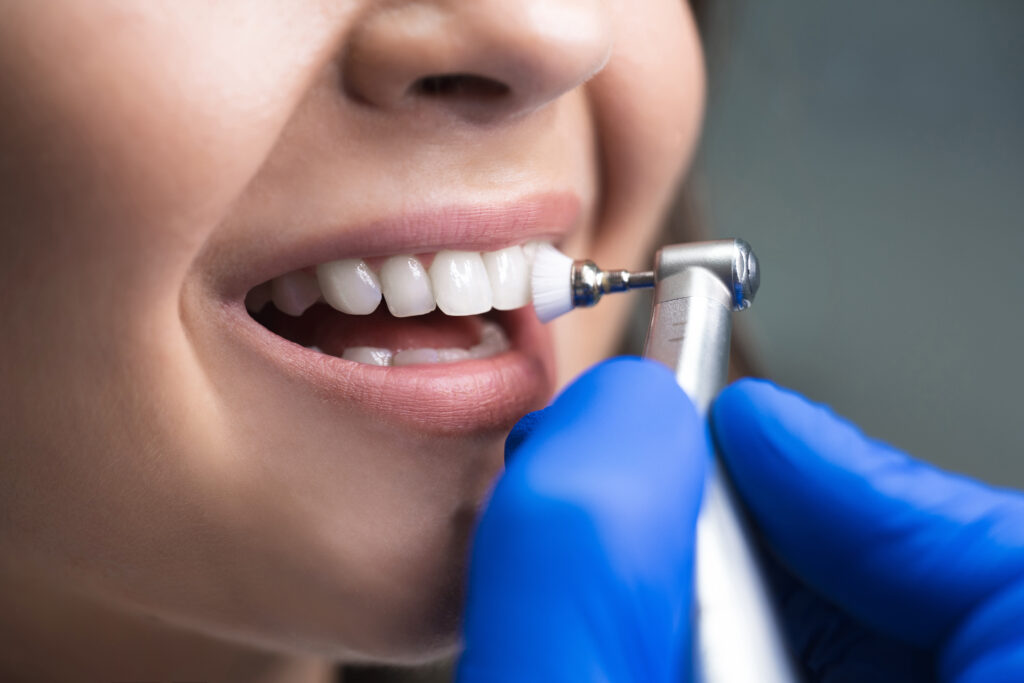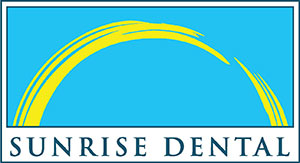Teeth Cleaning
Don’t Skip the Dentist: How Regular Teeth Cleanings Protect Your Health
You brush, you floss (most days), and maybe you even swish with mouthwash—but is that enough? When it comes to truly protecting your oral health, professional teeth cleaning plays a starring role. It’s not just a routine item on your dental checklist; it’s a foundation for overall well-being.
Poor oral hygiene doesn’t just mean plaque buildup or bad breath—it can lead to gum disease, tooth loss, and even contribute to conditions like heart disease or diabetes. That’s why regular dental cleanings are more than a cosmetic touch-up. They’re preventive care with real, measurable impact.
What Is Professional Teeth Cleaning, Exactly?
At its core, a professional dental cleaning is all about maintaining a healthy, functional smile. Done by trained hygienists or dental professionals, the procedure is designed to remove the stuff your toothbrush just can’t get to—like hardened tartar, deep plaque, and bacteria lurking below the gumline.
While good at-home oral hygiene lays the groundwork, professional cleanings go the extra mile to protect against cavities, gum disease, and other oral health issues that can sneak up on you—especially in spots you can’t see or reach.
What Happens During a Teeth Cleaning Appointment?
Let’s break it down. Here’s what you can typically expect during a routine cleaning:
Oral Examination
First things first—your hygienist will give your teeth and gums a good once-over to see what’s going on. This is a crucial step—it helps spot early signs of gum disease, cavities, or other potential red flags. Think of it as your smile’s wellness checkup.
Plaque and Tartar Removal
Next comes the nitty-gritty: removing the plaque and tartar buildup that toothbrushes can’t budge. Using small handheld tools or ultrasonic scalers, your hygienist will gently but thoroughly clear away deposits, especially around the gumline.
Scaling (and Sometimes Root Planing)
Scaling targets areas just below the gumline, where bacteria can cause inflammation and lead to periodontal issues. In cases of gum disease, your dentist might recommend root planing—a deeper cleaning to smooth tooth roots and help gums reattach.
Polishing
Once the gunk is gone, it’s time to shine. A special gritty paste is used to polish the teeth, removing surface stains and making them feel squeaky clean. It’s like a car wax for your smile—except you can’t stop running your tongue over your teeth afterward.
Fluoride Treatment (Optional but Worth Considering)
Depending on your needs, your hygienist may recommend a fluoride treatment to strengthen enamel and guard against decay. It’s especially helpful if you’re prone to cavities or have sensitive teeth.

Why Regular Cleanings Matter (More Than You Might Think)
Routine dental cleanings are your front-line defense against some serious oral health concerns. Here’s what they help prevent:
- Cavities – Cleanings remove plaque before it erodes enamel.
- Gum Disease – Tartar buildup irritates gums, which can lead to infection if ignored.
- Bad Breath – Bacteria don’t just smell bad—they are bad.
- Stains – Polishing keeps your teeth looking brighter between visits.
- Bigger Problems – Cleanings help catch issues early—before they need root canals or crowns.
On top of all that, maintaining your oral health has ripple effects throughout your body. Studies continue to link gum disease with systemic conditions like heart disease, stroke, and even Alzheimer’s. So yes, that cleaning really does matter.
How Often Should You Get Your Teeth Cleaned?
The gold standard? Every six months. But here’s the thing—everyone’s mouth is different. If you’ve had gum disease, build up plaque quickly, or wear braces or a retainer, your dentist might recommend more frequent visits.
This isn’t about overdoing it. It’s about getting the care that fits your smile. Skipping cleanings might not feel like a big deal, but neglect can snowball into costly (and painful) issues down the road
Keeping That Just-Cleaned Feeling at Home
The best way to protect your teeth between visits? Make your daily routine count
Daily Oral Care
Brush twice a day, minimum—and make sure your toothpaste has fluoride. It’s a small step that packs serious protection. Floss once a day (yes, even when you’re tired). And consider an alcohol-free mouthwash to rinse away lingering bacteria.
Lifestyle Habits That Support Oral Health
- Drink plenty of water—it helps wash away food particles.
- Eat a balanced diet—crunchy fruits and veggies are great natural scrubbers.
- Skip sugary snacks and acidic drinks when you can.
- And if you smoke or chew tobacco? Now’s a great time to quit.
Don’t Skip the Checkups
Even if your teeth feel fine, keep those cleaning appointments. Preventive dental care isn’t just about fixing problems—it’s about stopping them from happening in the first place.
Final Thought: Your Smile Is Worth the Effort
Professional teeth cleaning isn’t just about removing plaque or giving your teeth a little shine. It’s about investing in your long-term health, catching issues early, and making sure your smile stays strong for years to come.
If it’s been a minute since your last cleaning, no judgment. Just call and get it on the books.
